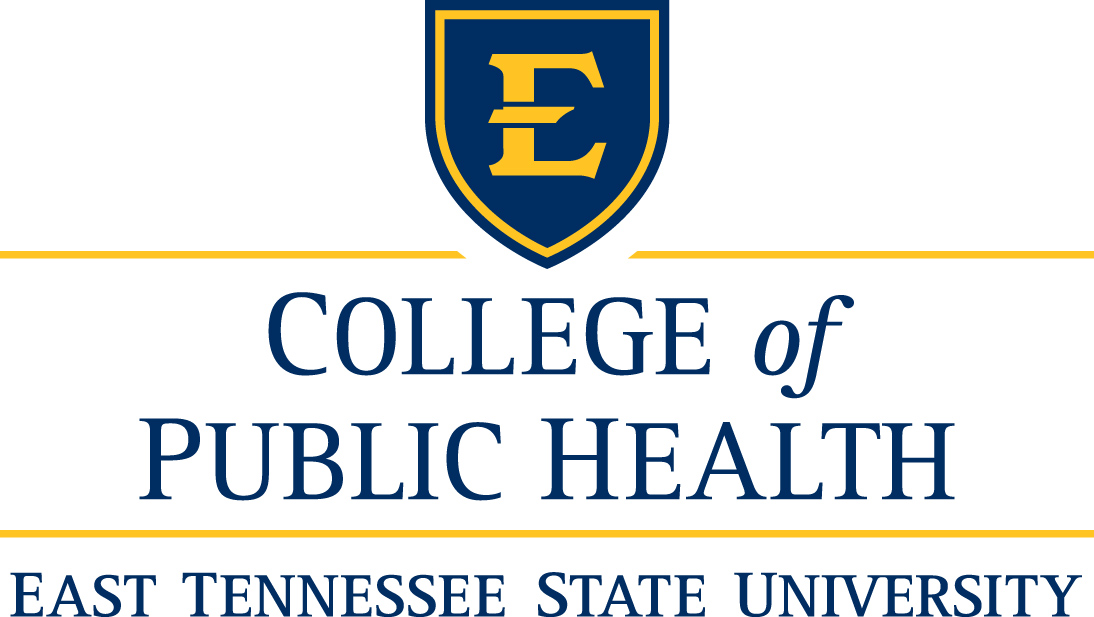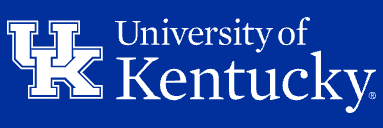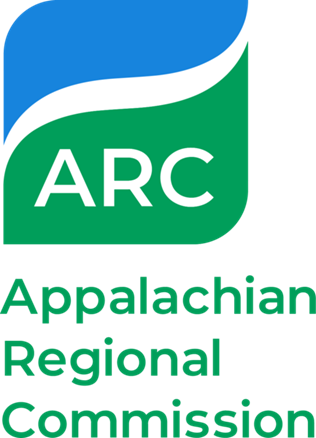Author Area of Expertise
environmental epidemiology, environmental health science, public health, one health, international health, water quality, aquatic biology
Abstract
Introduction: Quantitative studies on drinking water perceptions in Appalachia are limited. High-profile water infrastructure failures in the U.S. and Eastern Kentucky, coupled with human-made and natural disasters in the Appalachian Region, have likely impacted opinions regarding tap water.
Purpose: To use existing unexplored data to describe baseline tap water v. bottled water consumption in Kentucky.
Methods: Telephone-based cross-sectional data were obtained from the 2013 Kentucky Health Issues Poll (KHIP) directed by the Foundation for a Healthy Kentucky. Among many items in KHIP, self-reported consumption of bottled water over tap water, reasons for bottled water use, and demographic data were obtained.
Results: Among Appalachian (n=356) and non-Appalachian (n=1,125) Kentucky respondents, a significantly higher frequency of Appalachian Kentuckians reported drinking bottled water more often than tap water relative to non-Appalachian Kentuckians (57% v. 34%; X2 p < 0.001). Appalachian residency significantly predicted bottled water consumption in simple and multivariable logistic regression adjusted for significant covariates (i.e., age, sex, and race). Among persons consuming bottled water more than tap water, Appalachian Kentuckians reported significantly more concerns regarding tap water taste or smell (p = 0.005) and safety (p = 0.008) than non-Appalachians.
Implications: These results from 2013 data pre-date headline news items related to public water and likely underestimate current bottled water preferences. New data are needed, and these results warrant further investigation into tap water aesthetics in Appalachia, bottled water consumption impacts on personal finances, and approaches to build public trust for public drinking water among multiple populations including Appalachian Kentuckians.
DOI
https://doi.org/10.13023/jah.0502.04
Creative Commons License

This work is licensed under a Creative Commons Attribution 4.0 License.
Erratum
A previous version of this text incorrectly described a small section of the results as, “A total of 1,474 (95%) of the 1,551 KHIP respondents reported drinking tap water more often than bottled water.” This should have read, "A total of 1,474 (95%) of the 1,551 KHIP respondents reported drinking tap water OR bottled water." The text has been updated accordingly.
Recommended Citation
Marion JW. Self-Reported Consumption of Bottled Water versus Tap Water in Appalachian and Non-Appalachian Kentucky. J Appalach Health 2023;5(2):32–49. DOI: https://doi.org/10.13023/jah.0502.04.
Included in
Community Health and Preventive Medicine Commons, Environmental Health Commons, Environmental Health and Protection Commons, Environmental Indicators and Impact Assessment Commons, Environmental Monitoring Commons, Environmental Policy Commons, Environmental Public Health Commons, Environmental Studies Commons, Epidemiology Commons, Infrastructure Commons, Natural Resource Economics Commons, Sustainability Commons, Urban, Community and Regional Planning Commons, Water Resource Management Commons





Social Media Links